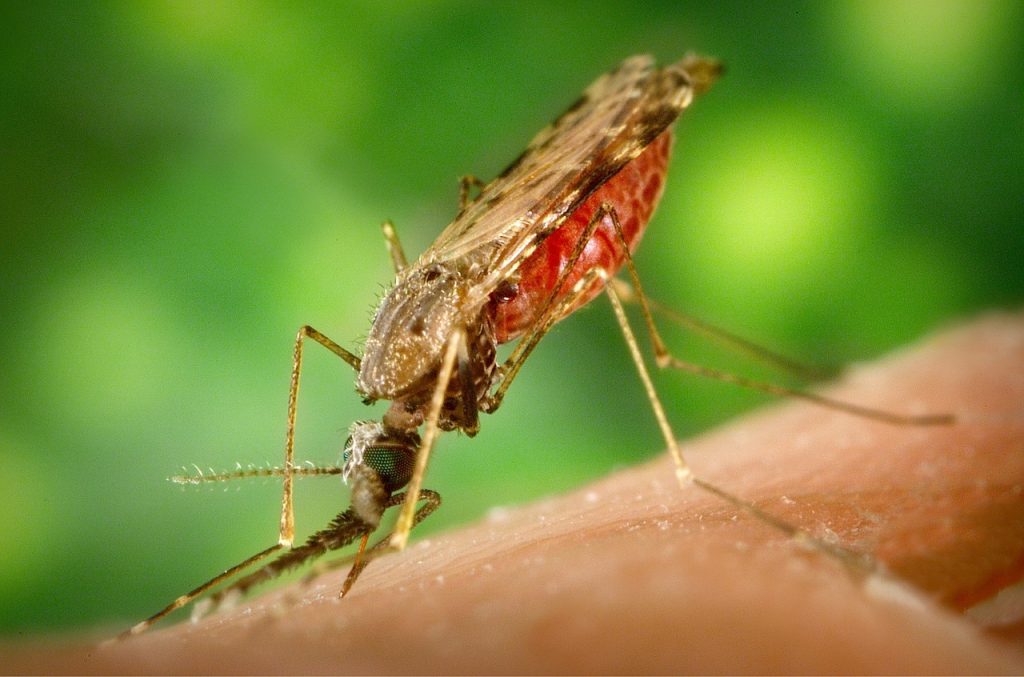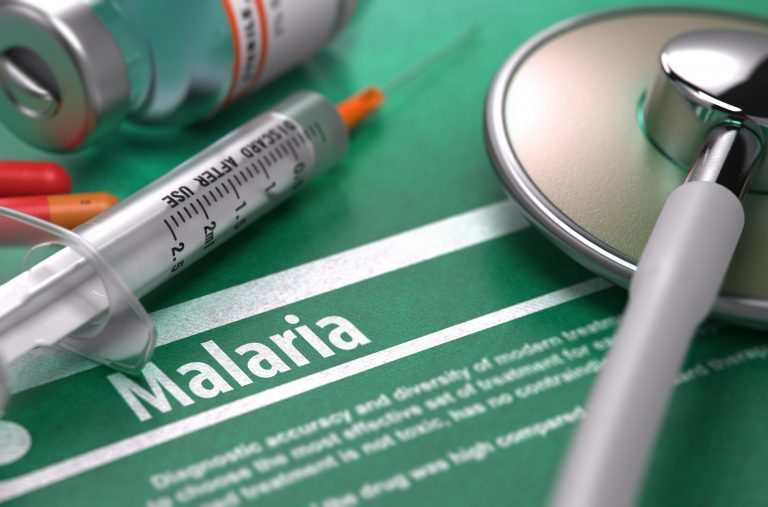
Early access to diagnosis and effective treatment is one of the major strategies for eliminating malaria. This is however negatively affected by myths and misconception about malaria. These are some common misconceptions about malaria;
1. “I did not hear any mosquitoes so I won’t be bitten.”
FACT: The female anopheles mosquito is small and noiseless. She often doesn’t leave a mark either. Many people believe that they don’t get bitten by mosquitoes, especially if they don’t hear them buzzing.
2. “I have had malaria, so I am immune.”
FACT: The misconception regarding immunity and malaria puts many people travelling to malaria areas at risk. There are those who believe that once they have had malaria, they will be immune (similar to the measles situation) but this is not the case.
3. “Malaria isn’t fatal.”
FACT: Malaria can be fatal. Not every case of malaria is fatal of course, in fact, the majority are not if treated in time, but it can kill.
4. “There is a vaccine for malaria.”
FACT: Currently, there is no malaria vaccine available in the market. Although some vaccines had been used in the research, the results were not promising. We have to wait for a safe and effective vaccine.
5. “I am travelling in the dry season so mosquitoes won’t bite me or be around.”
FACT: In tropical regions that have a wet and dry season there is a slight fluctuation in mosquito activity but that doesn’t mean they aren’t still active year-round and that doesn’t mean you are immune from being bitten in one season over another. Although mosquitoes are more active in the wet season, you are still at risk of being bitten.
6. “I am staying in nice hotels with air-con, that will protect me from mosquitoes and malaria.”
FACT: Aircon rooms do reduce the risk of being bitten at night because there is a much lower chance of mosquitoes getting in the room, you will still need other mosquito protection and you will still need antimalarials if you are in a high-risk area.
7. “I’m only in the high-risk area for one day/a short stopover, so it isn’t worth getting antimalarials.”
FACT: A high-risk area is a high-risk area regardless of the length of time spent in it. True, the chances of you getting bitten by an infected mosquito rise the longer you spend in that region, as does the need for you to take antimalarials. It only takes one bite from one infected mosquito to contract malaria. Seek professional advice on what medication and length of course you need for where you are going.
8. “Everyone says they suffered awful side effects of antimalarials and I shouldn’t take them.”
FACT: Every drug has side effects, and every drug will affect different individuals differently. That is why it is essential to speak to a professional in enough time before your trip and see exactly which medication is right for you. That way you can minimise the negative side effects and still protect yourself.
9. “Once I get malaria, it will stay in my body for years or even life-long.”
FACT: Nowadays, we have very effective medication for the treatment of all species of malaria. All malaria can be cured. Although, some species of malaria namely P. ovalae and P. vivax could stay in your liver for a long time, we could eradicate them.
10. “If you take an antimalarial tablet, you can be sure that you will not get malaria.”
FACT: No antimalarial medication is 100% effective when used to prevent malaria. Most of them are around 80-95% effective, that means you could get malaria while you’re taking antimalarial medication. And in this situation, it may be difficult to find malaria in your blood, or your symptoms might not be obvious which may lead to unawareness of malaria. So you should inform the doctor that you visited malaria risk area and had been taking antimalarial medication.





